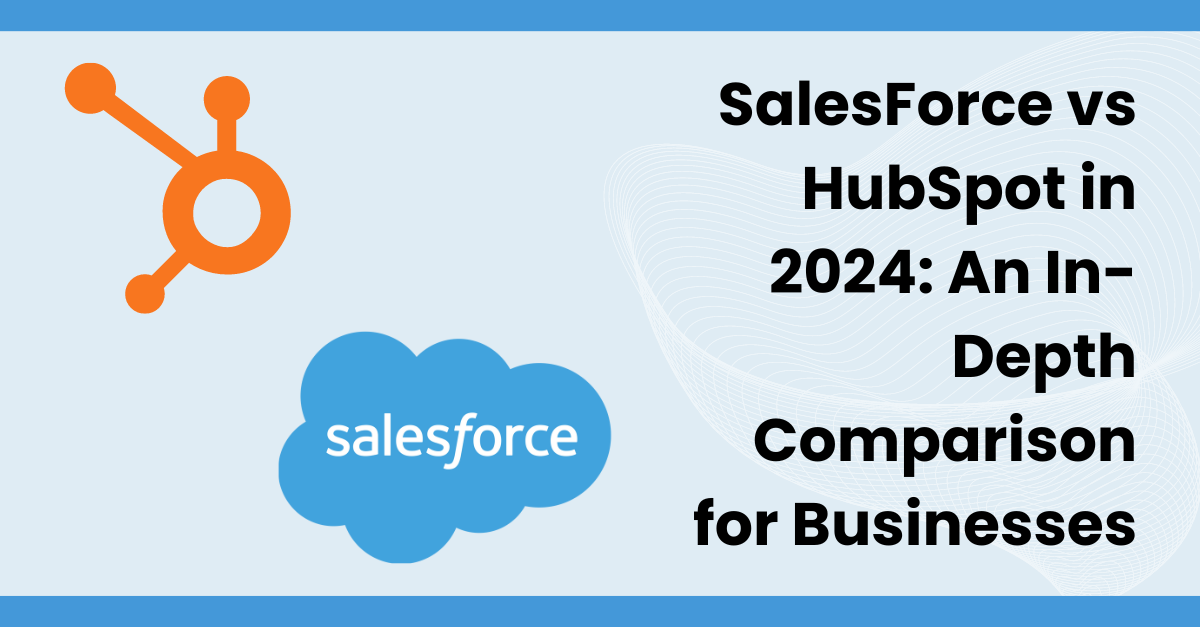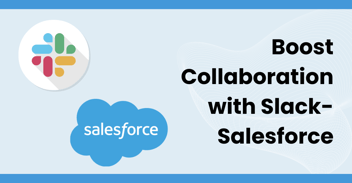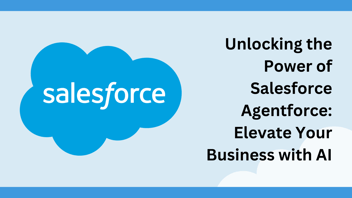The title match for greatest CRM tool of 2024 is going to be fought between the two heavyweight CRM champs: Salesforce and HubSpot. Both are popular and powerful platforms, each with their own strengths and shortcomings. While Salesforce is the undisputed industry leader, HubSpot is an underdog challenger with the ability to outperform the crowd favorite in certain fields. Let’s discuss which platform might be better for your business and why.
Questions to Ask Before Choosing HubSpot or Salesforce
There are some important questions you need to ask before you make a decision about which CRM tool you’ll be using. What is the scale of your business? How complex is it? What does your budget and resource allocation look like? What is your marketing and sales strategy? These questions are relevant because they help you paint a picture of your business needs and how they may align with a program like Salesforce or HubSpot.
For example, Salesforce’s robust and flexible platform can handle the needs of a large and complex business with ease. It uses powerful data analysis to provide deep customer insights and personalized experiences. Salesforce also uses a platform called “MuleSoft,” which can integrate and unite the data from over 5,000 applications, so don’t worry about Salesforce Gmail integration.
What About the Cost?
However, with Salesforce’s reputation as a powerhouse come its costs. The tools' deep and powerful interface is also quite cluttered and has a steep learning curve. It requires a high level of technical expertise in order to use it properly, meaning you need the patience of a saint or a professional to operate it for you. Additionally, Salesforce can prove to be more expensive than its competitors. If you’re a medium-large business, Salesforce can handle your CRM needs with ease. If you’re a small business, it may be prudent to consider alternatives.
HubSpot is the rising star in CRM. It’s a dominant choice among small and medium sized businesses because of its user-friendly interface and affordability. HubSpot’s free plan is a breath of fresh air in the CRM tool world. It offers all the basic CRM features that a small team might need to get started: contact and lead management, email marketing, live chat, and reporting. While many will find this plan to be limiting, HubSpot’s paid plans are still affordable and offer flexibility.
However, HubSpot’s ease of use comes at the cost of its raw power. While in direct comparison, HubSpot wins matches like “HubSpot vs. Pardot,” by being more affordable and equally powerful, HubSpot loses out against titans like Salesforce. Even though it offers seamless data unification, HubSpot offers far fewer integrations than Salesforce, clocking in at just over 1,000. So, you won’t find yourself Googling, “how to integrate HubSpot with Slack,” but you also won’t be integrating the apps in the far reaches of your imagination.
All in all, there’s no definitive answer when it comes to which CRM platform is best for your business. The choice is based on your needs and goals, which you can define best. We hope this article made the choice a little clearer for you, and if you still need guidance, well, that’s exactly what we’re here for.
Where CETDIGIT Comes In
Are you looking to take your business to the next level via a major digital transformation? Look no further than CETDIGIT. We help clear up all of your CRM, GPT integration, and digital transformation needs. Book a call with us today!





Leave a Comment